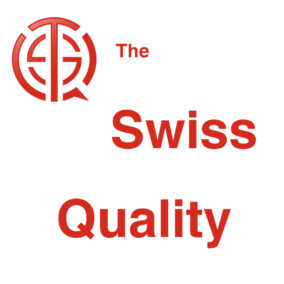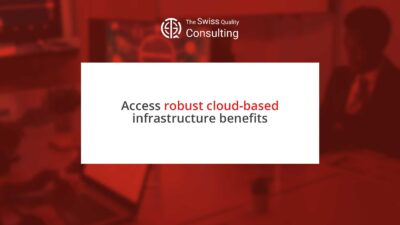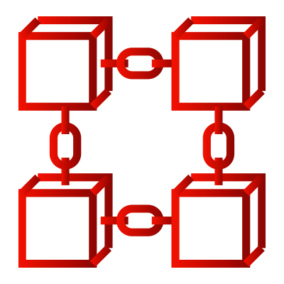Enhancing Operational Excellence and Customer Engagement
ERP and CRM Systems Integration represents a strategic approach to aligning internal operations with customer engagement strategies, optimizing both to achieve unparalleled business efficiency. Enterprise Resource Planning (ERP) and Customer Relationship Management (CRM) systems are pivotal in modern business operations, each serving distinct yet complementary functions. ERP systems streamline and automate core business processes, including inventory management, accounting, and supply chain operations, providing a unified view of business performance. Meanwhile, CRM systems focus on managing interactions with current and potential customers, enhancing customer satisfaction and loyalty. This article explores the synergy between ERP and CRM systems, emphasizing their combined potential to elevate operational efficiency, drive business intelligence, and foster a customer-centric business model.
Creating a Unified Business Ecosystem with ERP and CRM Integration
Breaking Down Silos for Enhanced Data Flow
The integration of ERP and CRM systems creates a unified business ecosystem, breaking down information silos and facilitating seamless data flow across departments. This interconnectedness ensures that customer information from the CRM can inform and enhance operational processes managed by the ERP system, and vice versa. For example, sales data from the CRM can directly influence inventory management and procurement strategies within the ERP system, ensuring that customer demand is met efficiently and effectively. Similarly, financial and production data from the ERP system can provide valuable insights into customer behavior and preferences, enabling more targeted and personalized marketing strategies. This holistic approach not only streamlines operations but also enables businesses to respond more dynamically to market changes and customer needs.
Enhancing Operational Efficiency and Customer Satisfaction
Leveraging Integrated Systems for Competitive Advantage
The integration of ERP and CRM systems significantly enhances operational efficiency by automating routine tasks, reducing manual errors, and speeding up transaction processes. This automation extends across the customer lifecycle, from lead generation and sales to after-sales support, ensuring that customer interactions are managed efficiently and consistently. The comprehensive view of customer interactions and operational metrics provided by integrated systems enables businesses to make informed decisions, optimize workflows, and allocate resources more effectively. Moreover, the ability to deliver timely, personalized services improves customer satisfaction and loyalty, providing a competitive edge in today’s market. By aligning internal operations with customer engagement strategies, businesses can achieve a balance that maximizes both productivity and customer value.
Driving Business Intelligence and Innovation through System Integration
Unlocking Insights for Strategic Decision Making
ERP and CRM systems integration is a key driver of business intelligence, offering deep insights into both operational performance and customer behavior. The rich data generated by integrated systems facilitates advanced analytics, revealing trends, patterns, and opportunities for improvement and innovation. Businesses can leverage these insights to refine their product offerings, develop new business models, and tailor their marketing and sales strategies to better meet customer needs. Furthermore, the agility afforded by integrated systems allows businesses to adapt quickly to market shifts, explore new opportunities, and continuously innovate to stay ahead of the competition. In an era where data is a critical asset, the strategic integration of ERP and CRM systems empowers businesses to harness this asset for maximum impact.
In conclusion, ERP and CRM Systems Integration is essential for businesses seeking to enhance operational efficiency, improve customer engagement, and drive strategic growth. By fostering a seamless flow of information between internal operations and customer-facing activities, integrated systems enable businesses to operate more effectively and responsively. As companies continue to navigate the complexities of the digital age, the integration of ERP and CRM systems will remain a fundamental strategy for achieving excellence in both operational performance and customer satisfaction.
#ERPSystems, #CRMSystems, #SystemsIntegration, #BusinessEfficiency, #CustomerRelationshipManagement, #EnterpriseResourcePlanning, #TechnologySolutions, #DataManagement, #Automation, #BusinessIntelligence, #OperationalEfficiency
















